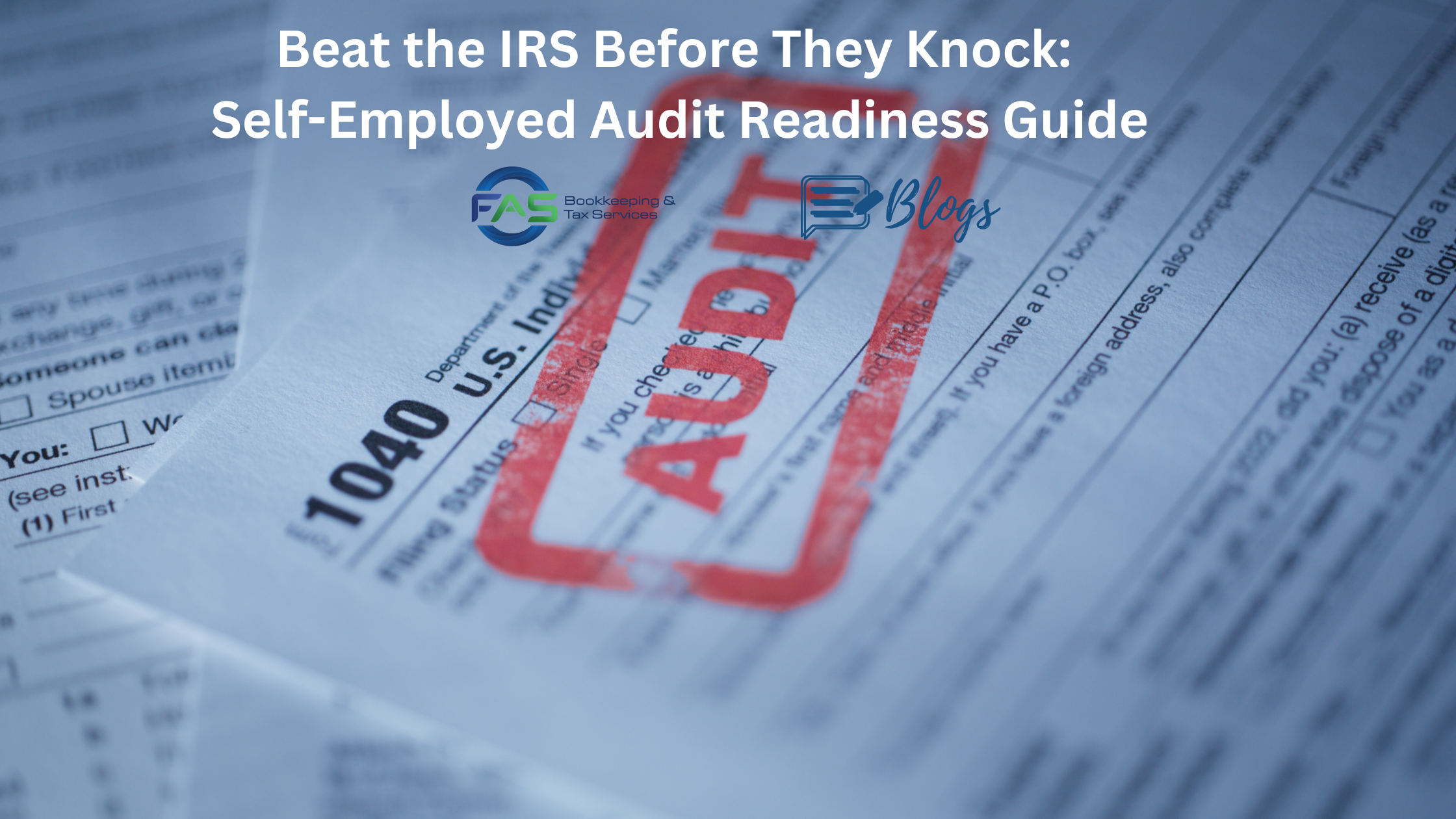How to report cryptocurrency on taxes?
Are you wondering what to report on your taxes if you’re using cryptocurrencies? Whether you are using Bitcoin as an investment or switching to altcoins for trading, it’s important that you know how to report them on taxes.
So how do you report crypto gains and losses on your federal income tax return? The short answer is that you have to calculate your gains and losses from every single cryptocurrency transaction that you have ever done, and then record them in a special area of your tax return. This can be a little overwhelming for new crypto-enthusiasts. It’s almost like learning a whole new system of accounting or something. Fortunately, we’re here to help make things easier for you.
Reporting cryptocurrency trades on your tax return
Using dollars to buy
If you simply bought cryptocurrency and parked it right inside the crypto exchange you bought it from, then you don’t necessarily owe any taxes at the end of the year. The reason for this is that you haven’t earned any profits (yet) from the crypto purchase.
Cryptocurrency trading
If you sell your crypto for U.S. dollars, switch from one cryptocurrency to another, or use cryptocurrency to pay for goods and services, you’ll be liable for taxes on the value of what you received.
The IRS considers cryptocurrency to be property, so if you’re a trader who flips coins regularly—or if you receive crypto as a reward for completing an online task or as compensation for work—you’ll have to report it as income at the time of receipt. If you trade frequently enough that it looks like a business activity, then you may also have to pay self-employment taxes (such as Social Security and Medicare).
Like all income, this is taxable at the time of receipt, but there are some exceptions: if your exchange is between two cryptocurrencies rather than fiat currency (USD), then it may not be taxable.
However, don’t get too excited just yet—you still need to keep track of each trade so that when tax season rolls around next year, you know what
Minting and Trading NFTs
Are NFTs Taxable?
The first question to be answered is whether NFTs are currency or property for tax purposes. The IRS addressed this question in Notice 2014-21 (2014-16 I.R.B. 938) and the 2019 Frequently Asked Questions (FAQs, most recently updated March 2021). According to the IRS, convertible cryptocurrency is property, not currency. As a result, the general tax principles that apply to property transactions apply to convertible cryptocurrency transactions.
NFTs will likely be treated as intangible property for federal tax purposes. For example, Section 1221 of the Internal Revenue Code states that acquired intangible property is generally treated as a capital asset, meaning the sale of such property is taxed at more favorable capital gains rates. But Section 1221 has a provision that explicitly excludes self-created intangible property and intangible assets held as inventory from the definition of a capital asset. As such, any gains on the sale of such assets are taxed as ordinary income.
Section 197 of the Internal Revenue Code allows taxpayers to take amortization deductions on certain intangible assets. However, taxpayers that create, buy and sell, or invest in such assets are generally restricted from taking these amortization deductions. Taxpayers can, however, amortize intangible property used in a trade or business in certain circumstances.
In addition, if an asset is purchased with cryptocurrency, the IRS generally treats that transaction as a taxable exchange of currency for a property. As a result, regardless of the use of the NFT, the purchase of an NFT with cryptocurrency could trigger gain (or loss) for both the buyer (to the extent it has built-in gains/losses on the cryptocurrency) and the seller.
NFT Tax Implications for NFT Creators
The IRS treats NFTs as ordinary income under Section 1221. If you are an artist that creates NFTs for a living, you must pay self-employment (SE) taxes on the transfer of your NFTs. However, if you transfer substantially all of your rights to the NFT or just some of your rights to the NFT, the tax consequences will be different. The sale of a Non-Fungible Token would constitute ordinary income to the creator equal to the excess of the sales price of that NFT over its basis.
By contrast, a limited transfer right would likely be treated as a license for tax purposes. In such circumstances, the creator would recognize royalty income which is taxed at ordinary tax rates. They would not be able to offset such income on the basis of the NFT. However, they could continue amortizing all capitalized costs for the term of the license. In either case, the creator could deduct qualifying expenses related to the creation of Non-Fungible Tokens (to the extent that such costs are not required to be capitalized).
Likewise, dealers who buy and sell NFTs in the ordinary course of business will generally recognize income because the Non-Fungible Tokens are considered inventory. Like their NFT-creating counterparts, dealers are eligible to deduct business expenses in connection with the sale of NFTs, including the cost to acquire these assets.
But what would the tax implications be if a taxpayer doesn’t hold NFTs for sale to customers, but rather offers them up as incentives for others to buy their products? If that’s the case, the taxpayer can enjoy long-term capital gains treatment if they hold an NFT for more than a year and then sell it along with all their other Section 1231 assets to have an overall gain in that year.
If the sale of the NFT, combined with the sale of all other taxpayer’s Section 1231 assets, results in an overall loss for the taxpayer, such losses will be treated as ordinary losses that can be used to offset the taxpayer’s other ordinary income. Taxpayers are also allowed to amortize the cost basis of the NFT but must recapture any or all of the gain from the sale of the NFT as ordinary income (rather than long-term capital gain).
NFT Tax Implications for NFT Investors
Taxpayers who hold NFTs for investment purposes may be subject to capital gains taxes when they sell those assets. If you sell the NFT within a year, the gain you realize will be taxed at your highest marginal tax rate (which can be as high as 37%). Long-term capital gains are taxed at a preferential rate. The maximum long-term capital gain is currently 20%, but many believe NFTs will be treated by the IRS as collectibles like art, antiques, and stamps, which are taxed at a 28% rate.
Should I report my cryptocurrency losses?
Yes, you need to report your cryptocurrency losses to the IRS, which is required to ensure honest reporting and proper tax liability. The IRS classifies cryptocurrency as a capital asset; every taxable event, including your crypto losses, must be reported on Form 8949. Here are some samples of common taxable crypto events:
- Selling crypto in exchange for cash
- Trading one cryptocurrency for another cryptocurrency
- Using crypto to purchase goods and services
There are other taxable events when it comes to crypto taxes, if you want to know more about these taxable events, you can read this blog to delve deeper into what’s a crypto taxable event.
Track Your Cryptocurrency Trades and Activities
When you begin to deal in cryptocurrency, it’s your responsibility to keep track of your taxable activities and the fair market value of your crypto throughout those activities.
The IRS offers only general guidance about the records you’ll need to keep for tax reporting purposes. Some examples given by the agency include records of any time you receive, sell, or exchange virtual currency, as well as the fair market value of your virtual currency.
Some exchanges might provide a Form 1099-B to help you determine your capital gains and losses, but most don’t. You’re responsible for keeping track of your taxable activities and your currency’s fair market value. Starting with the 2023 tax year, cryptocurrency exchanges will be required to issue 1099-Bs. This law was passed as part of a $1.2 trillion bipartisan infrastructure bill that was signed into law by President Biden last November.
Don’t expect cryptocurrency exchanges to give you a tax form this year, says Shehan. The bill for 1099-B forms applies to the 2023 tax year. For 2021 and 2022 tax years, you won’t get a 1099-B.
It’s easy to keep track of your cryptocurrency if you leave it on the exchange you buy it on. But if you buy it, move it to a wallet, and then send it somewhere else, or if you have crypto in multiple places, you may need to be more diligent in tracking your transactions.
There are crypto-focused tax software programs that can help you manage your taxes. These programs let you import data from all exchanges and wallets used, as well as calculate your capital gains and losses for a given year. Some of these programs are CoinTracker, TokenTax, CryptoTrader.Tax, and more.
Determine If You Owe Cryptocurrency Taxes
Whether you owe taxes on your crypto or not would depend on how you got it and how you use it.
- Did you mine crypto? – “Mining” crypto is when you use computers to solve complicated equations and record data on the blockchain. In exchange for this work, you may receive payment in new crypto tokens. You owe taxes on the entire value of the cryptocurrency you’ve obtained by mining.
- Did you get crypto as a reward or an airdrop? – If you receive crypto through a marketing promotion or an airdrop, it will count as a part of your taxable income.
- Did you receive payment for goods or services in cryptocurrencies? – If someone pays you crypto for goods or services rendered, the entire payment will count as a part of your taxable income, just as if they paid you in cash. Unlike a cash transaction, your customer might also owe income taxes if their crypto provides them with greater value than they paid for it.
- Did you sell crypto to realize an investment gain? – If you sold your crypto for more than you paid for it, you do owe tax on the gain as you would with stocks or mutual funds.
- Did you convert or exchange one crypto for another? – When you convert or swap crypto from one to another, you will owe taxes on any gains you earn in the transaction. If you purchased $400 worth of Bitcoin and used it to buy $1000 worth of HBAR, you’d owe taxes on $600 in realized profit, even though you’re just exchanging one crypto for another.
The amount you owe for taxes in your crypto would depend on your annual income and how long you’ve held your crypto.
- If you owned your coins for less than one year before spending or selling them, any profits would be considered Short-term Capital Gains, you will be taxed at your normal income tax rate.
- If you held your crypto for a year or more, any profit deriving from its sale would be considered a Long-term Capital Gain, you will be taxed at a lower rate determined by your annual income.
If you earn cryptocurrency by mining it or receiving it as a promotion or as payment for goods or services, it counts as regular taxable income. You will owe tax on the entire value of the crypto on the day you received it, at your regular income tax rate.
Bottomline
Crypto Tax and reporting it is not as simple as it seems. The volatility of crypto prices makes it difficult to determine the fair value of the crypto on purchase and sale transactions. It is also difficult to use and identify the appropriate accounting method for use in crypto taxation. The Last in, First Out (LIFO) and the Highest In, First Out (HIFO) have the potential to decrease taxes but the IRS has approved very few instances of their use for crypto traders. First In, First out (FIFO) is the most commonly used method for crypto accounting.
At FAS Bookkeeping and Tax Services, we offer a range of services that help you report your crypto transactions without having to worry about making mistakes or missing any important deadlines. We understand that this process can be confusing and overwhelming for even experienced investors, so we offer everything from basic help with reporting your crypto gains/losses to full tax preparation for those who want all their bases covered.





